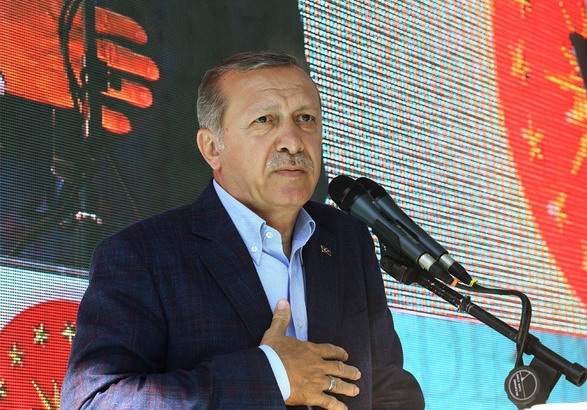Sipping black tea in a cafe overlooking central Ankara, Ahmet Faruk Unsal reflects on his time with Turkey’s ruling Justice and Development Party (AKP) as supporters prepare to mark the 16th anniversary of the party’s founding. Deutsche Welle reports.
Unsal served as AKP deputy for the southeastern province of Adiyaman from 2002 to 2007, a period he describes as the party’s “Golden Age.”
“[At that time,] they had good relations with Europe and were seen as a democratic model for the Muslim world,” he told DW. “Then they began to erase the progress they had made.”
Under the leadership of its most charismatic member, current President Tayyip Recep Erdoğan, the party improved access to social services for the nation’s poorest, undertook infrastructure mega-projects and stabilized the economy, making Turkey attractive to foreign investment.
Yet after 2007, the party passed a series of constitutional amendments that consolidated its power and began to crackdown on opponents, drawing international criticism first during the 2013 Gezi protests, and later for ongoing mass purges following last year’s coup attempt.
The AKP still maintains support from about half of Turkish voters and is revered by many for having brought political representation to the nation’s pious citizens, but as Erdoğan takes the stage Monday evening at an anniversary rally in a suburb of Ankara, his party’s legacy is increasingly deemed as authoritarian by opponents and Western observers.
The country remains under a state of emergency as efforts to persecute suspected coup plotters have spread to critical institutions, NGOs and media outlets. In March, Unsal was relieved of his position as chairman of Mazlumder, Turkey’s main human rights organization, along with more than 3,000 colleagues.
“The public initially had sympathy for Erdoğan and the AKP founders because they were oppressed by the state for the religious views … now they have become the oppressors,” Unsal said. “Under normal democratic conditions, [they] would lose.”




















































